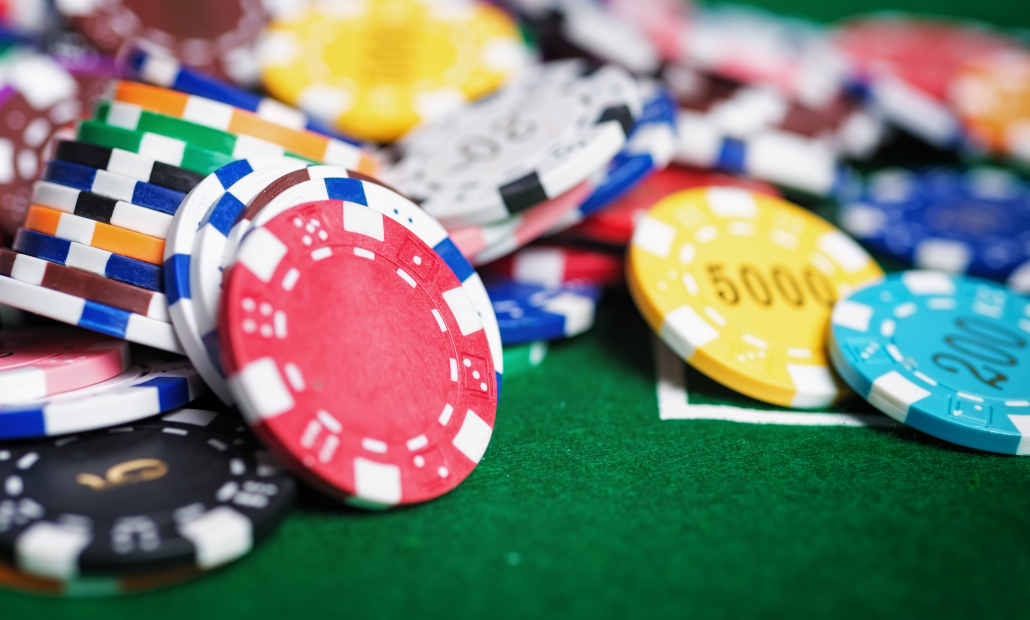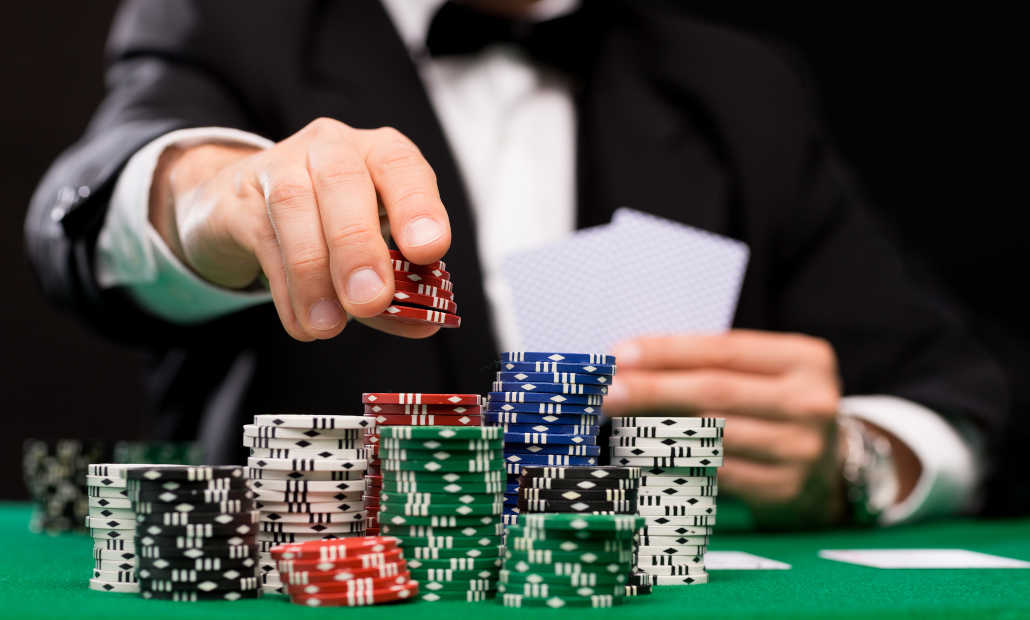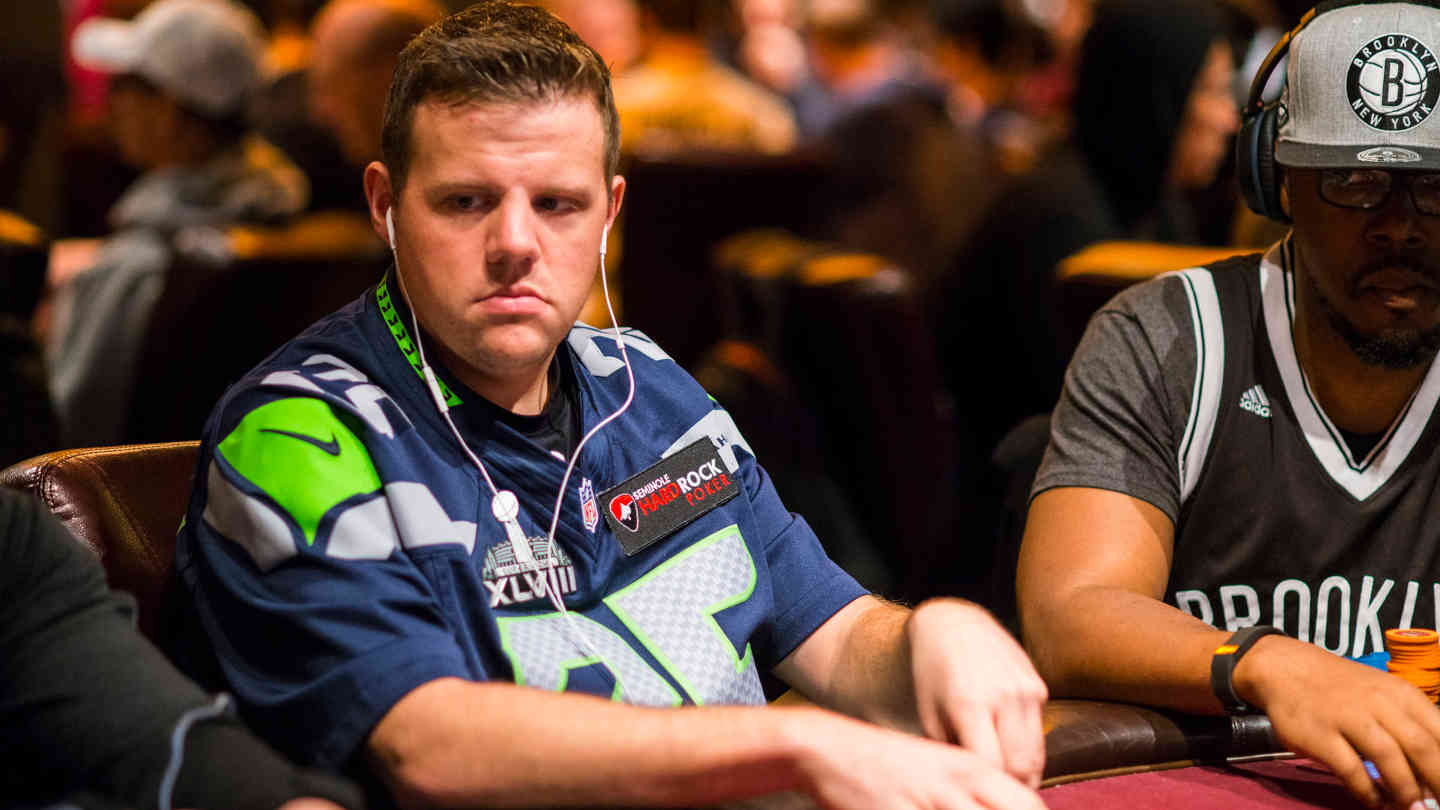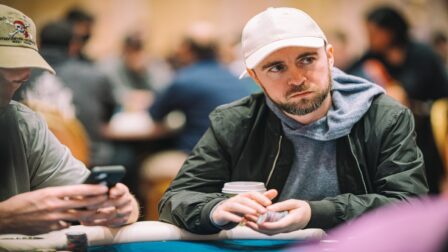How to Avoid Spewing Chips Early in a Tournament & Build Your Stack

3 minutes
Last Updated: March 3, 2023
Many professional poker players disregard the early stages of tournaments and only register when the antes are introduced.
However, depending on your skill level, the field, and the tournament type this might not be the best strategy for you.
If you do decide to play tournaments from the start, here are some of the approaches you need to implement to avoid losing too many chips in the early stages.
Instead, you will be able to build a stack that will allow you to make a deep run. If you’re keen to learn more after reading this article, this website provides a lot of great insights and advice to take your game to the next level.
Avoid Playing Marginal Hands
The first thing that you need to realize when playing in the early stages of tournaments is that the stacks are much deeper than in the late stages or in cash games. Because of this, each time you play a hand you will potentially be risking a lot of big blinds.
To put a lot of big blinds in the pot, you will need good hands or big draws and because of this, you need to avoid playing marginal starting hands and play hands that can flop big and allow you to put a lot of chips in the middle.

This stage of the tournament is played similarly to deep stack cash games in which suited hands that can flop big made hands or big combo draws are much more valuable than off-suit hands that can at best flop two pairs.
Go for Value
Since you will be playing a specific range of hands that is favorable to deep stack games, you need to make sure that you make the most of them when you do flop a good hand.
Your opponents will also be playing with deep stacks, and you should go for value each time you flop a good hand, especially on sites like 1Win, where you'll be playing against a relatively weaker field.
Because the effective stacks are so deep, if you skip a street or two of value, it can cost you a lot of big blinds in the end.
For this reason, you should be betting and betting big whenever you flop a big hand or a big draw. Each big blind that you leave behind can have an impact on your bottom line.
Stealing Blinds Is not That Important
Stealing blinds might be one of the most important aspects in the middle and the late stages of tournaments, but in the early stages, it is not that important.
The main reason why you should be avoiding stealing blinds too much is the risk-reward ratio. The blinds are too small in comparison to your stack, for them to be worth the risk of getting involved in hands that can cost you a lot more than a few big blinds.
At this stage of a tournament, you should not have any sense of urgency when it comes to stealing other players' blinds. Instead, focus on preserving your stack and getting value with big hands.
Avoid Bluffing Too Much
On average, you will encounter a lot more recreational players in tournaments than in cash games, especially during the weekend and recreational players are notorious for not having the fold button.
Early stages are filled with recreational players that are playing one or two tournaments and want to fight for every pot, even if it means calling down three streets with a second pair.

Because of this, you should focus on making good hands and getting paid rather than trying to bluff your way to winning a pot.
Adjust Your Bet Sizing
When playing in tournaments you should always adjust your bet sizes in accordance with the effective stacks and the early stages of tournaments are no different.
In most cases, the effective stacks in the early stages of tournaments are much bigger than later on, and you should increase your preflop and post-flop betting sizes.
However, you should always pay attention to the size of other stacks in the hand, and not increase your bets by default.
For example, if your opponent has 100 BB you should use lower bet sizes than in cases when your opponents have 300 BB.
Using the correct bet sizes is one of the most underestimated skills in poker, and learning it will do wonders for your bottom line. It will allow you to go for maximum value when needed as well as help you only lose the minimum when you have the second-best hand.




















